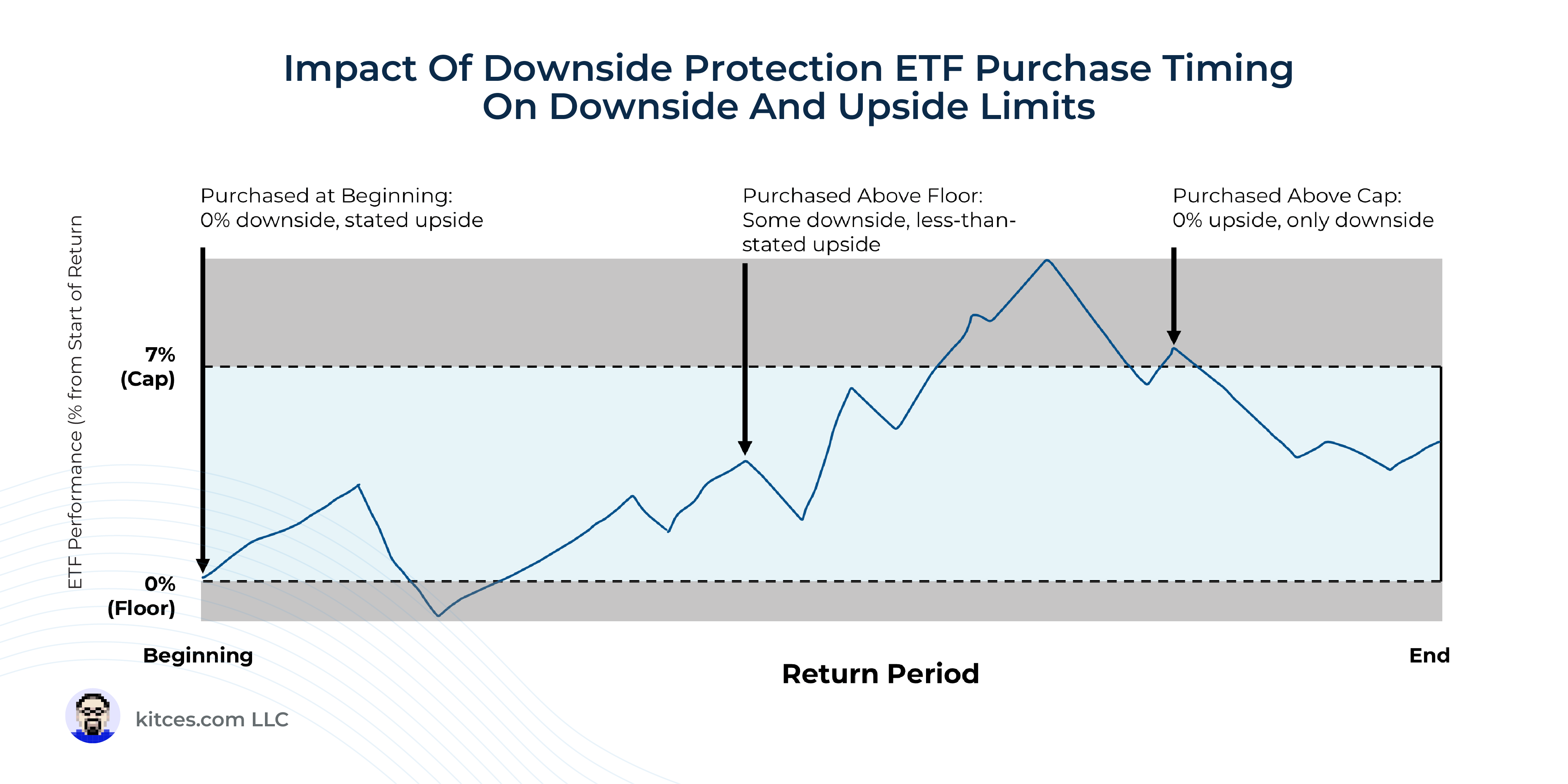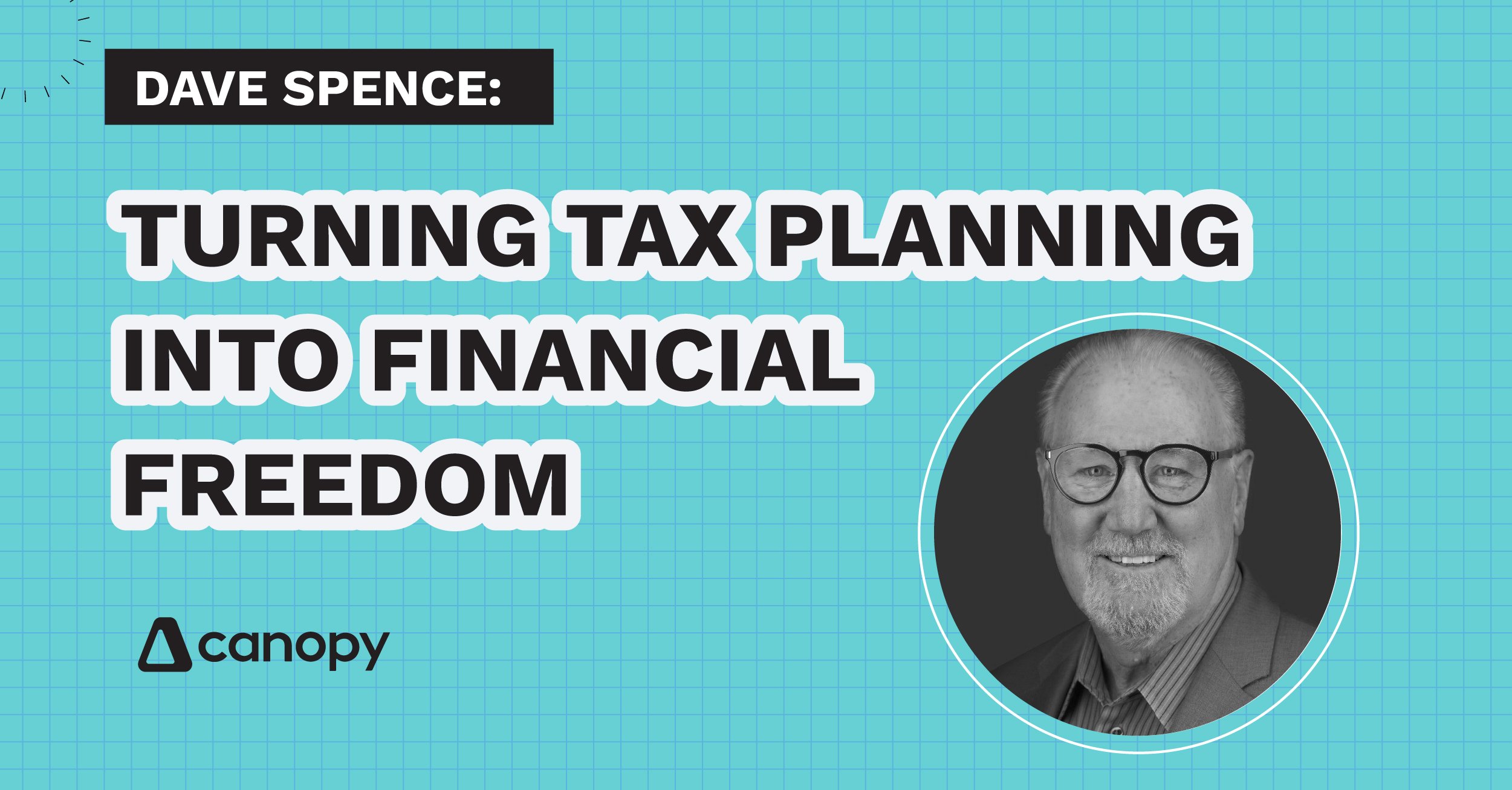Ever wondered why some people make millions from real estate investing while others barely break even? There are seven things that successful investors do differently, and they could mean the difference between just scraping by and building real, life-changing wealth. What are they? Stay tuned to find out!
Welcome back to the Real Estate Rookie podcast! In this episode, we’re unpacking the seven “golden rules” of real estate investing that all rookies must know. There are bumps in the road on every investing journey, but with a little knowledge, you could dodge the most common blunders and fast-track your success. If you follow these rules, your next deal will stay on budget, bring in more cash flow, and get you one step closer to your long-term investing goals!
We get into things like budgeting for your full mortgage payment and expenses, planning a value-add rehab project, best practices for screening tenants, and so much more. Whether you’re looking to buy your first rental property or stabilize your real estate business, we’ve got the tips you need to invest smarter and build lasting wealth!
Ashley:There are bumps in the road on every investing journey, but what if you could dodge the most common ones and fast track your success?
Tony:Today we’re unpacking the seven golden rules. Ricky Investors must know, like correctly estimating rehab costs and tracking key contract deadlines. That could mean the difference between just scraping by and building real life-changing wealth.
Ashley:We’re going to help you learn and implement these rules early so that your next deal stays on budget, cash flows, and puts more money in your pocket. This is the real say rookie podcast. And I’m Ashley Kehr.
Tony:And I’m Tony j Robinson. And with that, let’s get into golden rule number one, which is always model the full payment. And this is about analyzing deals. I think what we see with a lot of rookie investors is that when they think about their payment, they think about their principle and their interest payment. But as we all know, that’s just one part of what we typically pay on a monthly basis because you also have property taxes, we also have insurance costs, and those are things that you want to make sure you include or maybe even HOA dues, right? We might tack that in with your monthly payment as well. So making sure that you’re accounting for everything, your principal interest, taxes, insurance, your HOA, maybe even PMI, right? Just making sure all of those are included in your payment.
Ashley:I think another one too is your bookkeeping. If you’re not tracking your expenses and the income on the property and you’re hiring a bookkeeper to do that, or you’re paying for some kind of software to actually track your income and expenses like QuickBooks these days, my gosh, I think it’s up to $90 or something a month. And so think about that too. Your bookkeeping and then your tax preparation fee, your, your CPA will most likely charge you a little bit more because now you have this property and especially if you have an LLC, they’re going to have to do a whole separate return. So I think those are kind of missed too. And all in payment, you’re just going to take what they would charge and break it down over 12 months to make sure that you’re accounting for that.
Tony:That’s why I like the rookies would use a prebuilt tool. So if you get head over to biggerpockets.com/tools, you can see all of the different calculators that we’ve built out for different investing strategies. And the reason using something like the BPC is so helpful is because it’s impossible to forget some of these things that Rick investors typically forget because the calculator literally will not process if you don’t put something in for these values. So we talked about the payment, but other things that Ricks should be considering as they’re looking at deals are your reserves having ideally at least six months of expenses, three months, maybe like a minimum, but six months of reserve. So six months of that payment set aside just in case something hits the fan. Gosh, your utilities cost if you’re maybe covering some of your utilities for your tenants vacancy costs, right?
Tony:No property is always booked or always occupied all the time. So at some point there might be some turnover and can you factor in those costs? Capital expenditures, right? Things like getting a new roof, a new HVAC system, new water heater, those raw things that’ll need to be replaced at some point. So just making sure that you are accounting for all of the expenses because the rent, price and your mortgage, the difference between that is not your net profit. And I think that’s where a lot of folks get caught up is like, oh, I’m going to rent this for 2000 bucks. My mortgage is only 1600 bucks. I’m making $400 net profit every single month. That is not the math you want to use. You want to make sure you account for all the different costs that go into actually owning and managing that property.
Tony:Alright, moving on to golden rule number two. It’s a budget for more than paint. If I had a nickel for every time I heard a Ricky Investor say, it is just a super cosmetic fix, I just need some touch up paint and then I’ll be good. I probably wouldn’t need to invest in real estate. But I think for most rookies as they get into it, they realize that to either, if it’s a rental command, the amount of rent that you want, if it’s a bird to get the ARV that you want, if it’s a flip to get the sale price that you want, typically there’s more that goes into that than what a rookie investor initially accounts for what they anticipate for. I think the one thing that we know is that there’s always some sort of unknown when you go into rehab project. And just because we see something visually as we’re doing our initial walkthrough, once you start doing things, opening up walls and exploring what’s actually going on, there’s a good chance that something else could pop up.
Tony:I’ve talked about my deal from hell in Shreveport, and part of what made that deal so challenging for us was that when we made the decision to sell, we ended up uncovering an issue with the foundation. And it had been a rental force for I think two years or maybe like a year and a half at that point already, and it was fine, but it was during the process of getting it ready to sell that we uncovered this other issue. And it’s crazy we had done the rehab, but either way, we had to fix the foundation on this property that wasn’t even being rented. So there’s always, I think an opportunity for unknown expenses to pop up. So make sure you’re always budgeting more than what you think a deal might need early on.
Ashley:And I think too, even if it is just paint, there’s a lot more that may go into it just on that aspect of if you’re going to do the painting yourself and you’re just like, it’s just paint. I know I need a five gallon bucket of paint that should be good or whatever. You need to buy all your rollers, you need to tape off the windows, buy your tape if you want the blankets down or whatever. There’s so many other expenses unless you’re already outfitted to be a painter that you’ll need to actually do the painting and to do a good job. So the first thing you said when it was like it’s just painting, a very common thing that we didn’t budget for a while was new outlets and outlet covers. So a lot of properties near us have the old yellowish and the off white, and now we’ve transitioned to either white or the almond color even. And so those add up outlet covers are pretty cheap, but you need how many for each room and then to actually just, if you replace the cover, then your actual outlets aren’t going to match. So you need to replace both. But yeah, just little things like that that you’ll notice as you’re painting will really make the room seem better.
Tony:Yeah, that’s true. Even if you’re just painting, there’s some hidden costs there. I think what I would encourage most rookies to do is that as you’re trying to create your scope of work, the things you want to change or that you feel need to be changed within a home, come with pictures of the comps of the comparable properties that you think yours should be similar to properties that have recently rented, properties that have recently sold. And just literally, if you can print ’em out even better and just walk through your property with those photos in your hand and just compare, okay, I’m in the living room of our house, I’m looking at the photos of the other living room. What’s different? What do I need to change? And go top to bottom, left to right, all the way around the room, 360 degrees. If you do that, you’ll have a decent starting spot for your actual scope of work. And I think you might start to pick up on things like, man, these are yellow outlets, those are white, so we should probably swap those, right? So having the actual comps as you’re creating your scope is super beneficial.
Ashley:You could always ask your real estate agent too, they walk how many properties and they could say, oh, I would recommend changing this, changing this, changing this. These may be in little details, but it’s something they’re consistently seeing in some of the homes that are selling at top dollar, like the landscaping, like having that wow factor when you just step out of the car onto the property and you’re not even in the house yet. Like, okay, you’re thinking of how you can rehab the house, but is there even the landscaping or different things that you can do? But I think having a real estate agent come, it’s a great idea to have them go through and just tell them, if you were selling this property, and hopefully they would be the one selling it in the end, give me a list of every little thing that you think should be done, nitpick it, go through it, and I bet they could come up with a very, very detailed list. Even if you don’t end up doing those things, you can at least get an idea of what are the actual major things that will move the needle.
Tony:And I think the last two pieces are a get multiple bids. The more folks you can get through the property to give you a bid, the better. And then second, always add a contingency. I would say for Ricky Investors, if you get a budget of 50,000 at 20%, so add another $10,000 to your budget just to be safe because again, you’re going to miss things. Things might go over budget. It’s almost guaranteed as a new rehabber that something will not go according to plan. So having that budget baked in from the beginning, super important.
Ashley:Okay, so number three is going to be prioritizing your cashflow over cute houses. And Tony, I feel like I’m being personally victimized here in this one here because I’ve definitely been like, oh, that house, I just want that house and try to do everything to make the deal work. But you have to stay focused and realize that even if it’s a cute house, what is your goal? What is your strategy? And make sure that that deal fits that specific buy box.
Tony:I think it’s so easy for Ricky investors to get caught up in looking at houses that are just cute as opposed to houses that actually support their goals. So let’s say you’ve got a goal of getting to $10,000 a month in cashflow, but you also don’t want this massive portfolio where you’re managing a hundred units and you say, I feel comfortable managing at most 20 doors. Okay, well $10,000 a month at 20 doors, that means you need to get at least $500 from month in cashflow from each door. So with that as your kind of buy box, that should be more important than, how cute is this home or how much would I want to live here personally? So I think being able to have a super clear buy box that you can fall back on is much smarter and a more efficient way to build your portfolio than just going after houses that pass the vibe check that have the cute curb appeal that it’s in the neighborhood that you love. It’s Hey, what’s actually going to help me achieve my goals?
Ashley:Today’s show, it’s sponsored by base Lane. They say Real estate investing is passive, but let’s get real chasing rents, drowning in receipts and getting buried in spreadsheets feels anything but passive. If you’re tired of losing valuable hours on financial busy work, I’ve found a solution that will transform your business. It’s Base Lane, a trusted BP Pro partner base Lane is an all-in-one platform that can help you automate the day-to-day. It automates your rent collection and uses AI powered bookkeeping to auto tag transactions for instant cashflow visibility and reporting. Plus, they have tons of other features like recurring payments, multi-user access and free wires to save you more time and money, spend less managing your money and more time growing your portfolio. Ready to automate the busy work and get back to investing. Base Lane is giving BiggerPockets listeners an exclusive $100 bonus when you sign up at base lane.com/biggerpockets. Okay, welcome back. So we’ve screened the numbers now, let’s protect your downside. Okay, so number four, lock in strong purchase agreements. So rookies waive inspections and miss due diligence deadlines, which this can lead to losing your earnest money deposit. So this also goes along with staying organized when starting the acquisition process of your property.
Tony:Yeah, I think we saw this a lot, especially as the market was kind of going crazy when interest rates were super low, but people were doing all kinds of things to get their offers accepted where they were waiving contingencies and they were buying a lot of property site and really kind of stepping into contracts that I think would be pretty risky for a new investor. It’s different if you’re a seasoned investor who’s bought and sold dozens of homes in that same area. But if you’re doing this for the first time, I think the inspections are there to make sure that you don’t get yourself into a position where you do end up losing a ton of money. So I think there are some must have contingencies that all rookies should include, and to me, that’s your inspection contingency or this gives you the ability to actually get a property inspection, do your due diligence, make sure that everything’s working as it should be, or at least you know what the extent of the damage is for anything that’s not working.
Tony:Second will be like a financing contingency, making sure that you can actually get lending on the deal, an appraisal contingency. What happens if we go under contract at Y, but the property only gets appraised at X? And who’s going to help us get that delta clear title? I mean, ideally I would never want to purchase a property with some sort of title issues, insurance, can you actually insure the property, which is becoming a bigger issue? And then sometimes maybe like a partner approval depending on what the situation of the deal. But I say those are the core ones. I think the thing that gets more people into troubles when they start adding unnecessary contingencies or contingencies that maybe might make sellers a little bit more nervous or cautious, but those ones, inspection, financing, appraisal insurance, I think those are all pretty straightforward and standard contingencies to add.
Ashley:So one of the things that you can do to make sure that you don’t forget or miss one of these contingency periods is to actually create a timeline and your loan officer can help you do this. Your real estate agent can help you do this and create some kind of tracker in the BiggerPockets Ricky resources, we do actually have an acquisitions tracker, which is kind of like a checklist where you’re going through making sure you’re doing all these things. I don’t think it specifically has your inspection deadline date or things like that, but you can go ahead and you can amend this tracker and make it specific to you, and you could add those things in. That’s at biggerpockets.com/rookie.
Tony:Yeah, I worked with the lender once, I can’t remember which deal it was, it was a few years ago, but they had some sort of software where I would log in, I would submit all my documents through that software, which is great, but it also had a closing timeline calendar on there as well. And they loaded up into this timeline, all of the important dates from the purchase agreement. I always thought that was super helpful. But even here, I’ve got an agent in California and anytime that we go under contract and a deal together, his transaction coordinator just emails me like, Hey, just so you know, due diligence ends in seven days. Hey, just so you know, financing contingency needs to be done by this day and they’re just updating you throughout the process. So I think lending on your lender and your agent is super important because if you miss one of these dates, that could be your earnest money deposit that you end up losing. So keeping track of those is always important. Alright, let’s move on to our next one here. Golden rule number five is to screen tenants with systems. Ash, I’ll defer to you on this one, but I think that it’s easy to see a person talk to a person and feel like, man, this is a really great nice person. I love Ashley. That’s not screening someone. So Ashley, what is an actual good screening process look like?
Ashley:I do think it is important to have you or somebody at least get face to face with the person. So that’s usually the person that’s showing the property and they can kind of give you some feedback on the person. So I was just talking to a leasing agent the other day and we were kind of comparing stories here and she said sometimes I’m there forever because they’re telling me their whole life story as to why they should rent this apartment and why we should rent it to them. And then other times it’s somebody saying, I’ve got $2,000 cash right now, I’ll take it today. All these different things. So it’s good to get an insight to the person, but just remember you can’t deny someone just because there was a bad vibe or because of something they said about their story or whatever. So there is proper documentation and proper screening to follow the fair housing laws, and I highly recommend using some kind of software to do that.
Ashley:There is, if you have a property management software, they usually have built in a lot of this for you. If you don’t, you’re just self-managing without any software. I think it’s tenant reports.com is one that you can go to where it’s strictly, you just buy the screening reports and you want to get a credit check. And on the credit check you want to make sure you understand how to read it, you want to see what their credit score is, and you want to know what your minimum is. So actually before you go ahead and do any of this, you should create a list of what will or won’t you accept. So that way if anybody does come back to you and say, Hey, you never said that this was, I wouldn’t qualify without this and blah, blah blah. And so you can have your minimums credit score is 600, they can’t have any collections against ’em, and you can keep going down through the list and make a list of these things what they need three and a half times the rent for income to be able to be approved.
Ashley:And then you’re going to actually run the reports, get the credit report, and then you’re also going to get a background check which will tell you any kind of illegal activity they’ve been involved in. And you also need to make yourself aware as to what illegal things will you deny them for. Is it for if it’s a small multifamily, you’ll deny them because of a violent history like armed robbery or something like that because there’s other people living in the property will it be if they have a drug charge or things like that. But those are the two most important reports you can get. But then you also need to verify the information they’re giving you. So their income, it is so easy to modify pay stubs with all of the ai, all of the, I bet I could take a pay stub and I could put it on Snapchat and I could use their little tools that they have in there on just to post a regular photo to be able to alter it to look like a real pace or to change the amount.
Ashley:So there is add-on software you can get where it verifies it for you, but you can just simply call the number that’s listed on the pay stub, ask to verify their income. You can email the person. So I think and also Google the phone number that’s given to you to make sure it matches with what that company actually is too, because they could just be giving you your friend’s phone number. So credit report, background check and verifying the income I think are the three major things that you need to do in your tenant screening system.
Tony:And I appreciate you walking through that ash because one bad tenant can erase a lot of your cashflow. You’ve had the good fortune of having to evict folks and we know that not only do you get lost rent, but then there’s a cost of evicting that person from a legal perspective, any damage that’s left over. So spending a little bit more time upfront to find the right person I think is better than just filling a unit with the first warm body. And really that’s true for so many different parts of real estate investing. If you think about hiring a contractor, right? It’s like sometimes it’s better to wait for the right contractor. Actually almost every time it’s better to wait for the right contractor than it is to just hire the contractor that can start today without really fully vetting them. So I think it’s the same for all different parts of real estate investing.
Tony:Alright guys, we’re going to take one quick break, but while we’re gone, be sure to check out the Real Estate Rookie YouTube channel. You can find us there at realestate rookie and we’ll be back with more right after this. Alright, so we’re back with our final two golden rules. Golden rule number six is to check the local rule book. Every state county city has slightly different rules and regulations as it relates to how you can operate your real estate investments. And this is true both for traditional long-term rentals, midterm rentals, short-term rentals, everything in between. Obviously tenant landlord laws are different. In California where I’m at versus where Ashley’s at versus somewhere like Florida versus somewhere like Texas versus somewhere like Name the state, they all have slightly different ways that they manage tenant landlord laws. If you’re doing even something like wholesaling, right? Some states now require you to have a license to wholesale, whereas other states you don’t.
Tony:So understanding what the local rules and regulations are for whatever strategy it is that you want to focus on I think is important. The short-term rental landscape from a regulation standpoint has changed dramatically in the last five years. I think pre COVID, it was such a small percentage of homes that were being used as short-term rentals where a lot of cities just hadn’t taken the time to even figure out how to police them. But now with the boom that we saw coming out of COVID, a lot of cities were scrambling and some places just completely stopped short-term rentals altogether. Some said, Hey, we’re just going to stop issuing new permits while we figure out what to do. Some said, Hey, we’re fine with it, just make sure you get a business license. So doing your homework and understanding, okay, what are the rules and regulations I need to follow by I think will set you up to make sure that whatever property you end up buying, it can actually be used in the way that you want to use it.
Ashley:This goes along with long-term rentals and just your state law specifically, but also in a lot of cities you have to file a rental permit and every year, every two years, just kind of like short-term rentals, you have to have register your property that you do not live there as your primary residence. And it is a rental property. Oftentimes if you do live there, you don’t have to do this and you can bypass that rule. Some really great resources for finding out what these laws and regulations are just going to the town hall. And oftentimes they have a pamphlet. It’s more of a book, a little mini guide thing that says landlord laws on it or guide for tenants. Either one, you’re getting the laws and rules and regulations in that area, and they usually just have it out with a stack of other resources where people in the town and you can go ahead and just take it.
Ashley:Also your local housing authority organization. So in Buffalo, one is called Belmont, one is home ny, and they offer free or very low classes that educate you on all of this stuff at least three times a year. They’re doing one on emotional support animals, they do ’em on just a general overall. These are what the laws currently are. They do one for your first time landlord, here’s what you need to know. And they used to give out a book, a guide thing with it. I don’t know if they still do that, but that was when they used to be in person. But a lot of ’em are virtual now after COVID too. So there’s a lot of free resources and education about the laws and regulations, especially if it’s a broader thing that you’re looking at. Where short-term rental laws, I feel like are so hyper-local sometimes like the lake that I have my lake house at, it literally changes. There’s probably in total eight towns surround the lake and touch the lake for lake access. And every single one of those eight towns has different short-term rental laws going from, there’s no rules to, they’re not allowed at all. So I think it’s easier to find these resources and these classes and programs for broader laws, rules and regulations, especially in the long-term rental side.
Tony:And I used to question, what’s the right place to go? And ash, you gave a lot of good resources. Yeah, the local government is obviously a great place to go to start. You can look for real estate attorneys in your market that specialize in tenant landlord laws or that just understand real estate from a legal perspective, but just ignorance of the law is not an excuse to break it. So you’ve got to make sure that you do your due diligence to figure out what those things are. Alright, our last and final golden rule, golden rule number seven is to commit to one strategy for at least 90 days and 90 somewhat of an arbitrary number. It could be less, it could be a little bit more, but I think the thing that we want you as rookies to guard against is shiny object syndrome. Because what that does, if you’re just constantly jumping from one idea to the next without giving yourself enough time to fully explore an idea, to fully understand its true merits, you’re never going to build expertise in one thing.
Tony:And Ashley and I both kind of focused on one specific asset class to build our portfolios. Ashley focused a lot on small multifamily in and around the buffalo area. I focused on single family short-term rentals, and now both of us has kind of expanded what it is that we’re looking at and what we’re trying and what we’re doing. Ashley’s doing a live-in flip right now. She was looking at campsites, we bought our first hotel. There’s other things that we’re focusing on, but I think building that expertise in one area is super important to give you the confidence that, okay, cool, I can actually do this. So I think the words of encouragement or what I would ask of all of you is to say, Hey, for the next three months, 90 days, I’m going to pick one strategy, one sub-market and see how far can I go? Can you build out your team in that market? Can you start analyzing a bunch of deals? Can you submit a bunch of offers and just see, okay, is this something that I would enjoy to continue doing? Or do I need to pivot to either a different market or a different strategy or a different niche, whatever it may be. But give yourself at least enough time to try it out to see if it’s worthwhile.
Ashley:I think during this time period too, when you are trying things out and trying to pick what strategy you want to commit to, I think there’s the chance to get stuck into analysis paralysis and also shiny object syndrome of not really getting hyperfocused on one thing and trying it out to see what you want, but then it’s like, oh, well this person said this, and that is something that I struggled with for so long. I started out great because I didn’t know any other strategies. I didn’t know anything else that you could do in real estate investing. I just thought long-term rentals, that’s it. And I was so great. And then I started to learn about all these other things. And probably during that time I didn’t buy any rentals for a year because I was just doing this where I was learning. Committing to just a month, two months of learning about that strategy and figuring out, okay, is this the one?
Ashley:Is this the one? And I did that for almost a year, and that’s where I decided to make the pivot to campgrounds. I’d looked at self-storage, I went to a self-storage conference. I had looked at expanding into more short-term rentals. I had one Airbnb arbitrage at the time. I looked at mobile homes, I offered on mobile homes, and I spent a whole year trying to do that. And even the one that I chose, the campground, that ended up not even coming into fruition. I put it under contract. I went through my due diligence and I realized this is way more than I want to take on at least that property at the time. Then I got another one under contract, and then that one just fell through and I realized that, you know what? Maybe this isn’t the thing that I actually want to go after. And so it wasted a year and a half trying to figure that out. And then I went right back to what I knew best and what was working for me. And that was long-term rentals. So don’t get discouraged of the thing that ends up working for you and the strategy you commit to is the most boring, mundane thing that you can think of, because that’s what’s going to build you wealth whenever you have the system in that works for you.
Tony:And you don’t have to commit to that thing forever. Right? It’s like I said, Ash and I both dabbled in this thing for a while before trying other things, but I think there’s a tipping point where it’s like if you don’t put in enough work, you’ll never really find that progress. And I think the reason that most people struggle to find success is not because of how often they say no to things, but it’s because of how often they say yes. And they say yes so often and so frequently, and they’re like, oh yes, lemme try that. Yes, lemme try this. Oh, that sounds good. Oh yes, lemme do that. But if we would just say no a little bit more often, no, that sounds interesting, but it’s actually not what my core focus is. That sounds like a really great idea. But no, I’m actually focused on this one thing right now. I think if we could all focus on less, we would be able to move faster, build more expertise, and find success faster. So that’s the seventh golden rule is commit to one strategy at least for the next 90 days and see how far you can get.
Ashley:Well, thank you guys so much for joining us today on this episode of Real Estate Rookie. I am Ashley. And he’s Tony. And we’ll see you guys next time.
Help us reach new listeners on iTunes by leaving us a rating and review! It takes just 30 seconds and instructions can be found here. Thanks! We really appreciate it!
Interested in learning more about today’s sponsors or becoming a BiggerPockets partner yourself? Email [email protected].

























